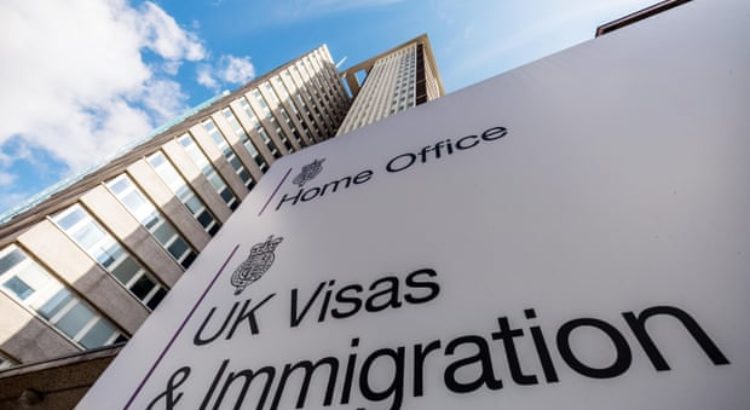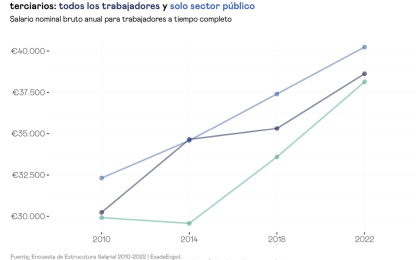Europa/Inglaterra/15 Agosto 2019/Heraldo de México
A partir del próximo mes, Goldsmiths, parte de la Universidad de Londres, ya no venderá carne de res e introducirá un pequeño impuesto sobre el agua embotellada y los plásticos de un solo uso
Una universidad de Londres dijo el lunes que ha prohibido la carne de res de su campus para combatir el cambio climático, convirtiéndose en la primera institución de educación superior en Gran Bretaña en hacerlo.
A partir del próximo mes, Goldsmiths, parte de la Universidad de Londres, ya no venderá carne de res en ningún lugar de su campus. También introducirá un pequeño impuesto sobre el agua embotellada y los plásticos de un solo uso para desalentar el uso.
“El creciente llamado global para que las organizaciones tomen en serio sus responsabilidades para detener el cambio climático es imposible de ignorar”, dijo Frances Corner, directora de Goldsmiths.
El personal y los estudiantes estaban “decididos a ayudar a lograr el cambio que necesitamos para reducir nuestra huella de carbono drásticamente y lo más rápido posible”, dijo Corner.
La universidad dijo que su objetivo era cambiar a energía limpia y convertirse en carbono neutral, lo que significa que no producirá más emisiones de carbono de las que puede compensar, para2025.
Según la Organización de las Naciones Unidas para la Alimentación y la Agricultura de las Naciones Unidas, la ganadería es un importante impulsor de las emisiones de gases de efecto invernadero, consume una décima parte del agua dulce del mundo y causa deforestación a gran escala.
Los bosques absorben los gases que atrapan el calor de la atmósfera y la deforestación puede amplificar el calentamiento, debido a la pérdida de vegetación y la erosión del suelo, dijo el Panel Intergubernamental sobre el Cambio Climático (IPCC) de la ONU.
Los alimentos a base de plantas y los alimentos sostenibles de origen animal podrían liberar varios millones de kilómetros cuadrados de tierra para 2050 y reducir 0.7-8.0 gigatoneladas al año de dióxido de carbono equivalente, según el IPCC.
“Declarar una emergencia climática no puede ser palabras vacías … Goldsmiths ahora está hombro con hombro con otras organizaciones dispuestas a llamar a la alarma y tomar medidas urgentes para reducir el uso de carbono”, dijo Corner.
Fuente: https://heraldodemexico.com.mx/tendencias/universidad-de-londres-prohibe-la-venta-de-carne-para-combatir-el-cambio-climatico/































 Users Today : 103
Users Today : 103 Total Users : 35460009
Total Users : 35460009 Views Today : 150
Views Today : 150 Total views : 3418615
Total views : 3418615